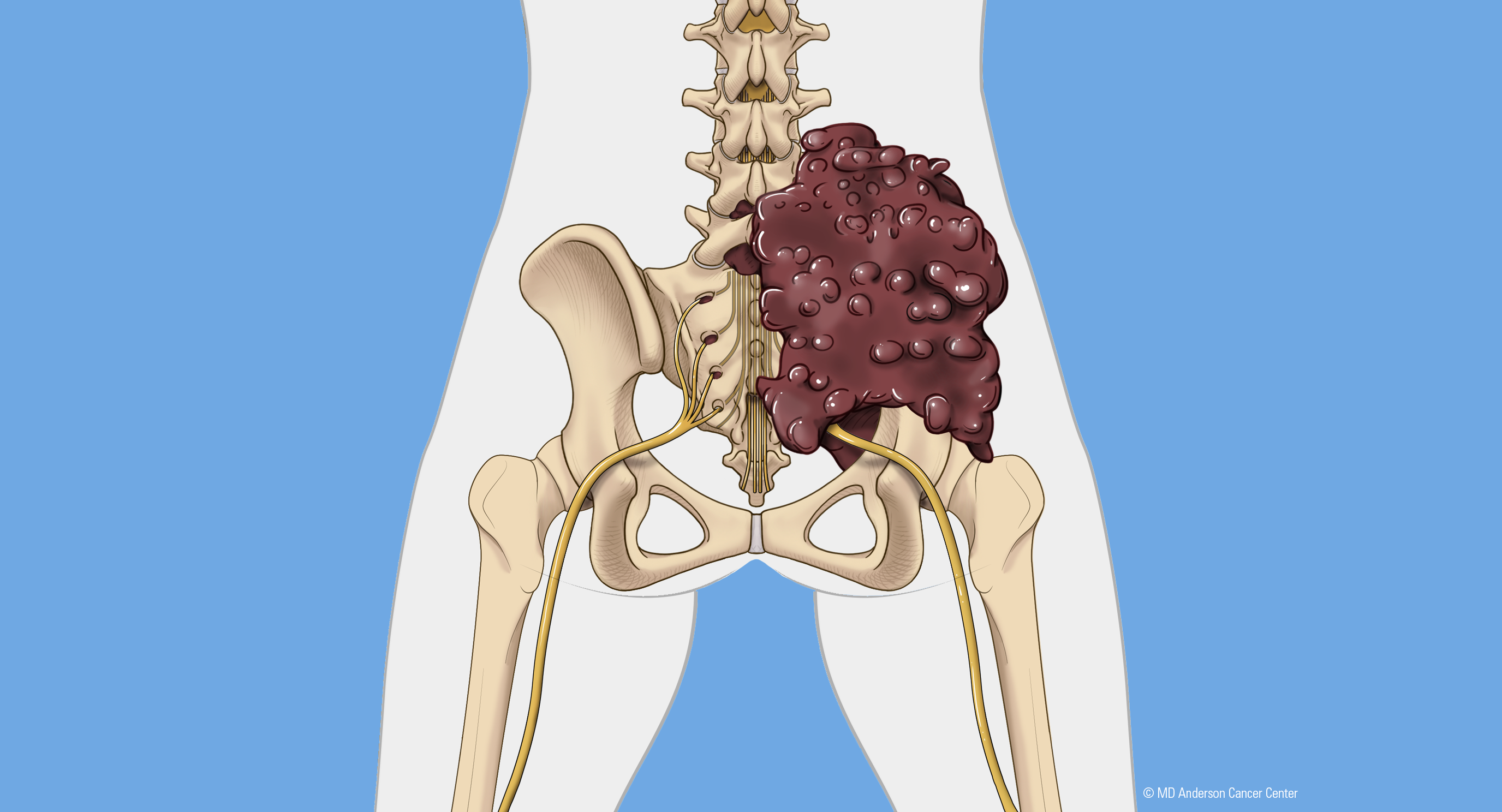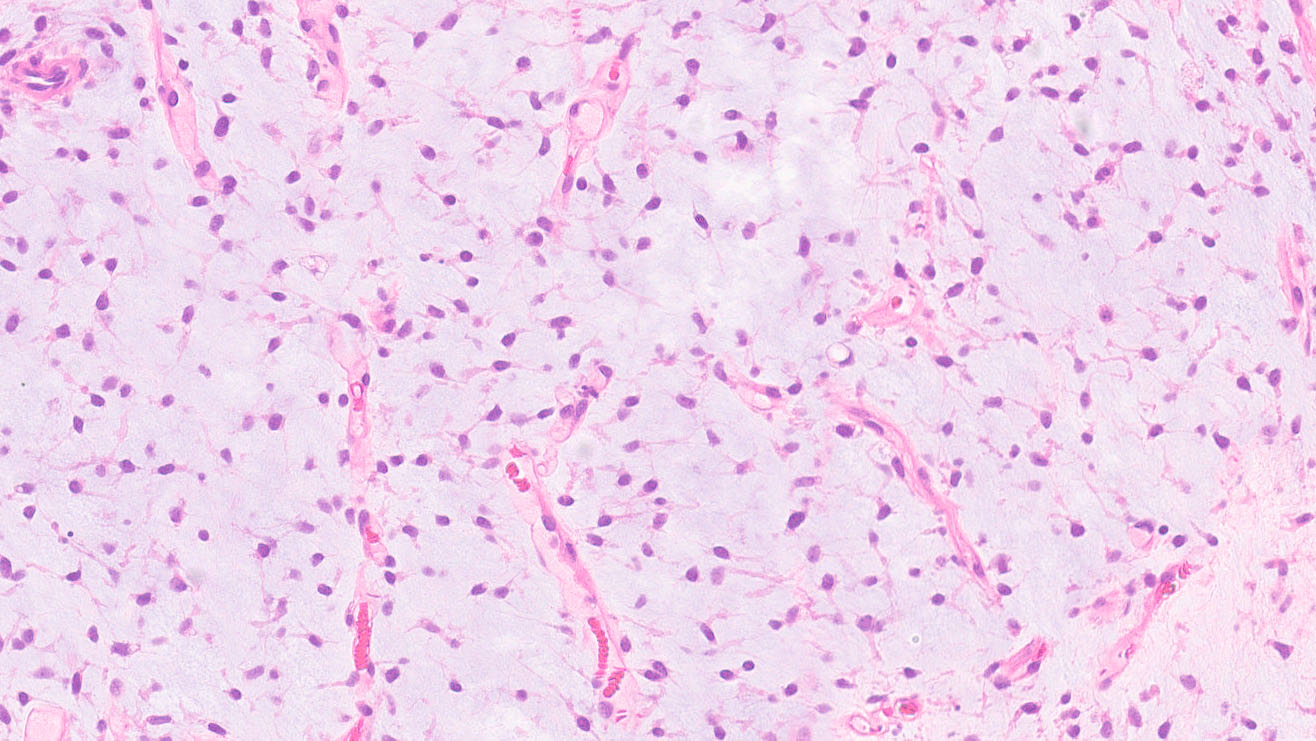- Diseases
- Acoustic Neuroma (14)
- Adrenal Gland Tumor (24)
- Anal Cancer (68)
- Anemia (2)
- Appendix Cancer (16)
- Bile Duct Cancer (26)
- Bladder Cancer (72)
- Brain Metastases (28)
- Brain Tumor (232)
- Breast Cancer (714)
- Breast Implant-Associated Anaplastic Large Cell Lymphoma (2)
- Cancer of Unknown Primary (4)
- Carcinoid Tumor (8)
- Cervical Cancer (160)
- Colon Cancer (166)
- Colorectal Cancer (118)
- Endocrine Tumor (4)
- Esophageal Cancer (44)
- Eye Cancer (36)
- Fallopian Tube Cancer (8)
- Germ Cell Tumor (4)
- Gestational Trophoblastic Disease (2)
- Head and Neck Cancer (14)
- Kidney Cancer (128)
- Leukemia (342)
- Liver Cancer (50)
- Lung Cancer (286)
- Lymphoma (278)
- Mesothelioma (14)
- Metastasis (30)
- Multiple Myeloma (100)
- Myelodysplastic Syndrome (60)
- Myeloproliferative Neoplasm (6)
- Neuroendocrine Tumors (16)
- Oral Cancer (100)
- Ovarian Cancer (172)
- Pancreatic Cancer (160)
- Parathyroid Disease (2)
- Penile Cancer (14)
- Pituitary Tumor (6)
- Prostate Cancer (146)
- Rectal Cancer (58)
- Renal Medullary Carcinoma (6)
- Salivary Gland Cancer (14)
- Sarcoma (238)
- Skin Cancer (296)
- Skull Base Tumors (56)
- Spinal Tumor (12)
- Stomach Cancer (64)
- Testicular Cancer (28)
- Throat Cancer (92)
- Thymoma (6)
- Thyroid Cancer (98)
- Tonsil Cancer (30)
- Uterine Cancer (82)
- Vaginal Cancer (18)
- Vulvar Cancer (20)
- Cancer Topic
- Adolescent and Young Adult Cancer Issues (20)
- Advance Care Planning (10)
- Biostatistics (2)
- Blood Donation (18)
- Bone Health (8)
- COVID-19 (362)
- Cancer Recurrence (120)
- Childhood Cancer Issues (120)
- Clinical Trials (632)
- Complementary Integrative Medicine (22)
- Cytogenetics (2)
- DNA Methylation (4)
- Diagnosis (232)
- Epigenetics (6)
- Fertility (62)
- Follow-up Guidelines (2)
- Health Disparities (14)
- Hereditary Cancer Syndromes (126)
- Immunology (18)
- Li-Fraumeni Syndrome (8)
- Mental Health (116)
- Molecular Diagnostics (8)
- Pain Management (62)
- Palliative Care (8)
- Pathology (10)
- Physical Therapy (18)
- Pregnancy (18)
- Prevention (920)
- Research (392)
- Second Opinion (74)
- Sexuality (16)
- Side Effects (608)
- Sleep Disorders (10)
- Stem Cell Transplantation Cellular Therapy (216)
- Support (402)
- Survivorship (322)
- Symptoms (182)
- Treatment (1786)
Changing clinical trials for cancer treatment: A cancer patient's perspective
BY Mike Snyder
4 minute read | Published August 09, 2013
Medically Reviewed | Last reviewed by an MD Anderson Cancer Center medical professional on August 09, 2013
By nature, clinical drug trials are something of a gamble. Since the drug itself is either brand new or being used in a brand new way, there's no guarantee of the drug's effectiveness or favorable results.
This is something that we cancer patients understand from the start. In my case, the decision to participate in a clinical trial for cancer treatment wasn't tough. It was my only remaining option. My chondrosarcoma, a rare bone cancer, was inoperable, so a clinical trial was my only cancer treatment option.
Here's what some people don't realize about clinical trials: they can be stopped at any time for many reasons. Maybe the drug just isn't working, or maybe the side effects are too much of a burden. Or perhaps the drug company isn't seeing enough positive results. That's why my first clinical trial ended. The drug company found that the results from the actual drug wasn't yielding better results than the placebo.
Reasons to be hopeful after changing clinical trials
I was actually relieved when that clinical trial ended. I'd actually been thinking about withdrawing because the side effects were brutal and my tumors weren't shrinking or stabilizing.
Luckily, I was eligible for another clinical trial. So after letting my body withdraw from the first drug for a month, I switched to the new drug trial.
The initial results were promising. The tumors in my leg and arm were stable and did not move. The tumors in my lungs no longer appeared to be metastasizing. In fact, my scans were flawless -- with one exception: slight tumor growth continued in my left leg, near the site of a cancer-related amputation.
Staying on my current clinical trial with a waiver -- for now
Until now, those leg tumors weren't growing at a rate that could be called progressive.
But the measurements from my scans in early July showed my leg tumors growing at a rate beyond what the trial protocol allowed.
For now, I am staying on the clinical trial with a waiver. If my next scans show that growth has stopped, I'll be allowed to stay on the trial. If not, I'll have to look at other options.
Right now, the other options are loaded with qualifiers. Since the FDA has already approved my current drug for some types of cancer, I may be able to continue taking it without participating in the trial. The question is whetherI would be approved under those guidelines, and whether my insurance company would cover the costs. If not, I may have to try a new clinical trial.
Speak with your health care team before changing clinical trials
Finding the answer to questions about switching trials is a lot like trying to find the right way to treat cancer. You have to find the option that will do the most good with the least damage.
This is why it's so important to talk to your health care team before changing clinical trials.
Your doctor and your clinical nurse will have a good idea about what other trials are available and what trials will be starting soon. Based on your medical history, they can tell you what trials you can consider.
The process of changing clinical trials
Before starting a new trial, you have to stop the old one. This will involve meeting with your doctor and clinical nurse, filling out paperwork to withdraw from the study, having your vital signs checked and waiting 30 days to allow your body time to eliminate the trial drug.
Starting the new trial will involve the usual paperwork, exams and scans to establish a new baseline for the clinical study. Sometimes results from previous exams can be used as your new baseline. Sometimes you have to get new exams. Your doctor and clinical nurse will determine which approach you can take.
Let your health care team know how the clinical trial drug affects you
As always, stay in close touch with your doctor and clinical nurse once you start your new clinical trial.
Let them know about any change in sleep patterns, energy level, appetite, or overall health (good or bad). All of these things can indicate how well the drug is working and can help your doctor adjust your dosage to help the drug work better.
Like I said, clinical drug trials can feel like a gamble. So, thoroughly research the process before deciding if it's the right path for you to take. Trying a clinical trial or switching to a new one might be the best choice for you, or it might not. But you'll never know unless you ask.
Mike Snyder's cancer journey began with a sore left knee in the mid-1990s. After a variety of tests and minor surgery to correct the problem, he was diagnosed with a specific type of bone cancer called chondrosarcoma. In spring 2011, his doctor recommended that he switch to a hospice-type care because his tumors were growing too fast. This was an answer he refused to accept.






